8 things besides food that can raise blood sugar
By naturopath Margaret Jasinska
In recent years many people have taken an interest in measuring their blood sugar level. For a diabetic, measuring blood sugar can be motivating and inspiring. You can see clearly how your body responds to different foods. This way you can figure out the eating plan that gives you best results.
Many non diabetics also like to check their blood sugar level in order to achieve better overall health. Fluctuating blood sugar can cause unpleasant symptoms like fatigue, hunger, food cravings and can worsen mood conditions like anxiety and depression.
Foods high in sugar and starch are the most likely to raise blood sugar. Most people know this and moderate their carbohydrate intake if they’re trying to get their blood sugar down.
Interestingly, there are several non food factors that can raise a person’s blood sugar that you may not be aware of. These include:

Forever chemicals
A recent study showed that middle aged women who had higher blood levels of some breakdown products of phthalates had a significantly greater risk of developing type 2 diabetes than other similar women. Phthalates are a class of endocrine disrupting chemicals known as “forever chemicals”. They act as plasticizers.
Phthalates are commonly added to personal care products such as perfume and fragranced skin and body care , nail polish, and are used as solvents, plasticizers, and fixatives. They can also be added to polyvinyl chloride plastic products, such as plastic food packaging, clothing, and vinyl flooring.

Bright light at night
Light exposure at night can disrupt our circadian rhythms, leading to changes in insulin secretion and glucose metabolism. Changes in insulin secretion and glucose metabolism caused by disrupted circadian rhythms affect the body’s ability to regulate blood sugar levels, which can ultimately lead to the development of type 2 diabetes. More exposure to light between 12:30am and 6:00am was linked to a higher risk of developing type 2 diabetes, regardless of how much light individuals were exposed to during the day.

Poor sleep
Not getting enough sleep is a major stress on your body. Your body interprets it as some kind of emergency. If you’re not getting enough sleep, your body thinks it means you aren’t safe. Therefore lack of sleep raises your blood level of the stress hormones adrenalin and cortisol. They can remain elevated all day. Cortisol does everything it can to raise your blood glucose level. It causes glucose from your liver and muscles to be released into your bloodstream.

Stress
Stress can raise blood sugar because of the effects of stress hormones in the bloodstream. Stress also increases the risk of poor mental health, which typically leads to poor self care. A person is more likely to choose an easy and convenient option over a healthy option. Emotional eating is more likely to occur in stressed people. Food can provide a hit of dopamine and endorphins which can become addictive.

Infections
When your body fights an illness or infection, it releases hormones that can elevate blood sugar levels. Most type 1 diabetics know this well because they have experienced it. Dehydration and poor quality sleep during an infection that causes a fever are also responsible for raising blood sugar.

Alcohol
In the immediate term alcohol can actually cause blood sugar to drop. This is because the body prioritises breaking down alcohol and using the calories for energy. This means the liver releases less glucose into the bloodstream. Over the long term alcohol usually causes consistently higher blood sugar because it promotes visceral fat accumulation and fatty liver.
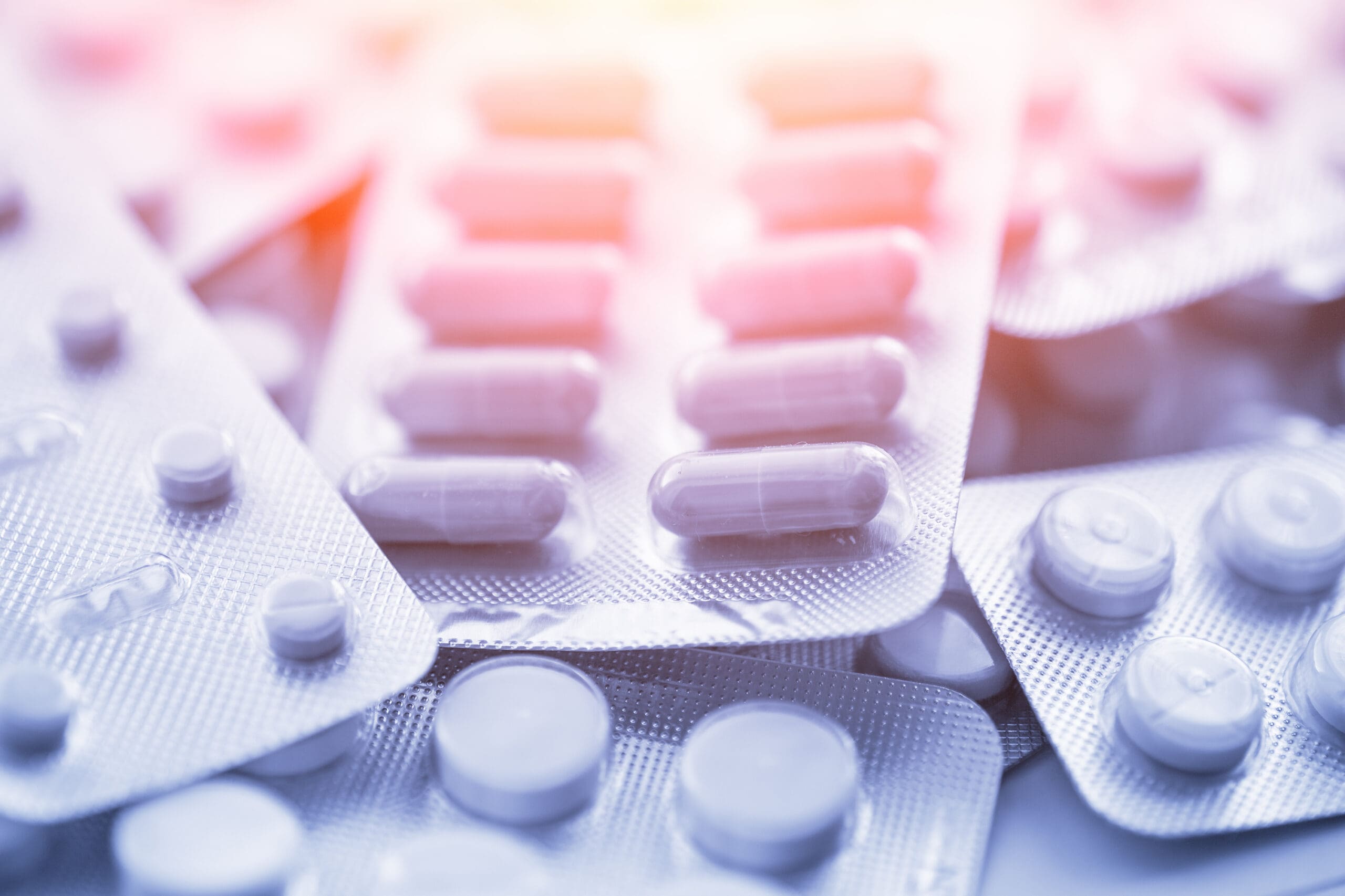
Some medication
Medication most likely to raise blood sugar include steroids, anti psychotics, cholesterol lowering drugs, some epilepsy medication, some blood pressure medication, some oral contraceptive pills, some antibiotics and medication used for prostate cancer (androgen deprivation therapy).
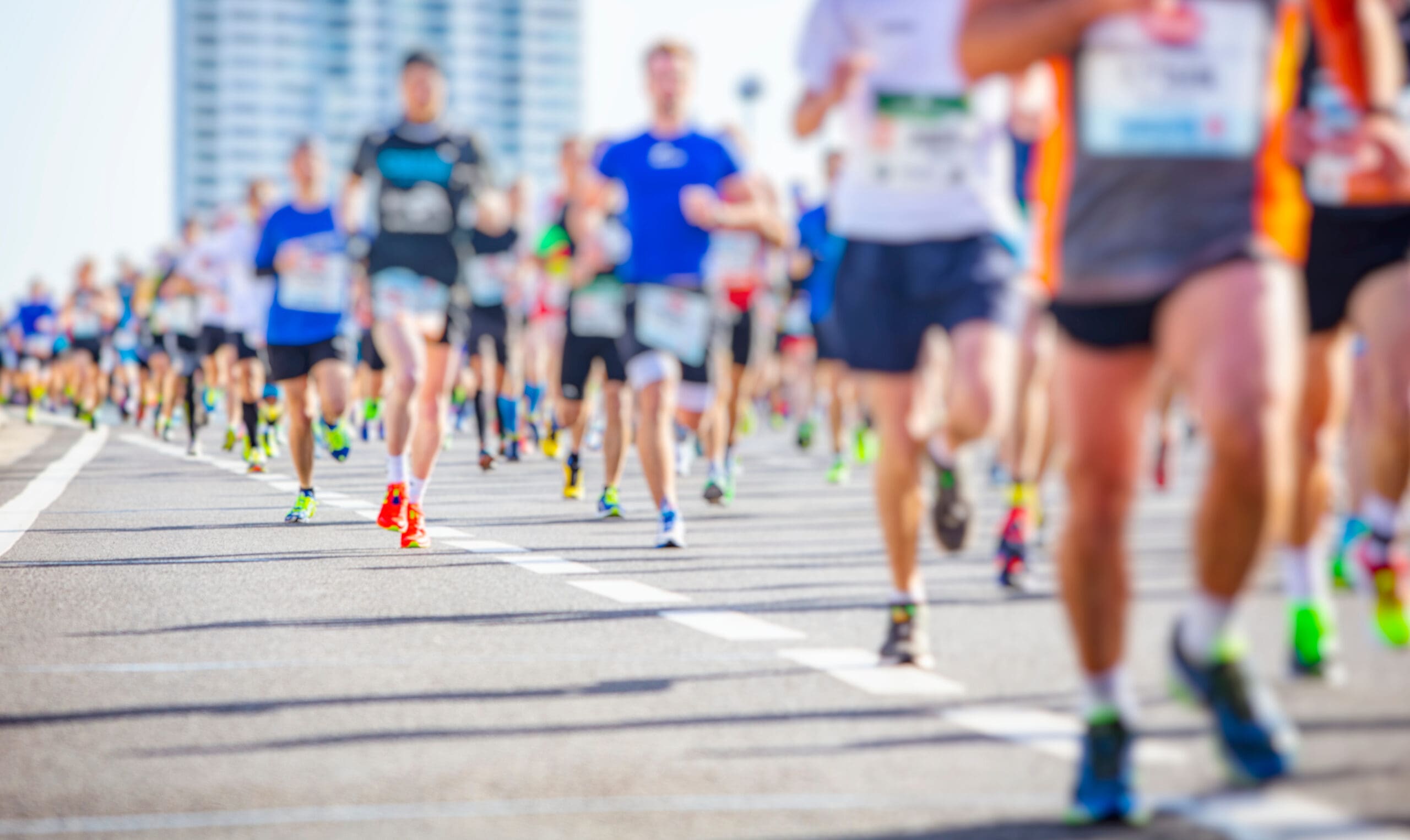
Exercise
Exercise can raise or lower blood sugar, depending on the type, intensity and duration. Aerobic activities like a brisk walk or swim or bike ride tend to lower blood sugar, while intense or prolonged exercise can cause a temporary increase in blood sugar. This is because stress hormones are released in order to access glucose from muscles and the liver.
For more information about achieving a healthy blood sugar level see our book called Diabetes Type 2: You Can Reverse It Naturally.


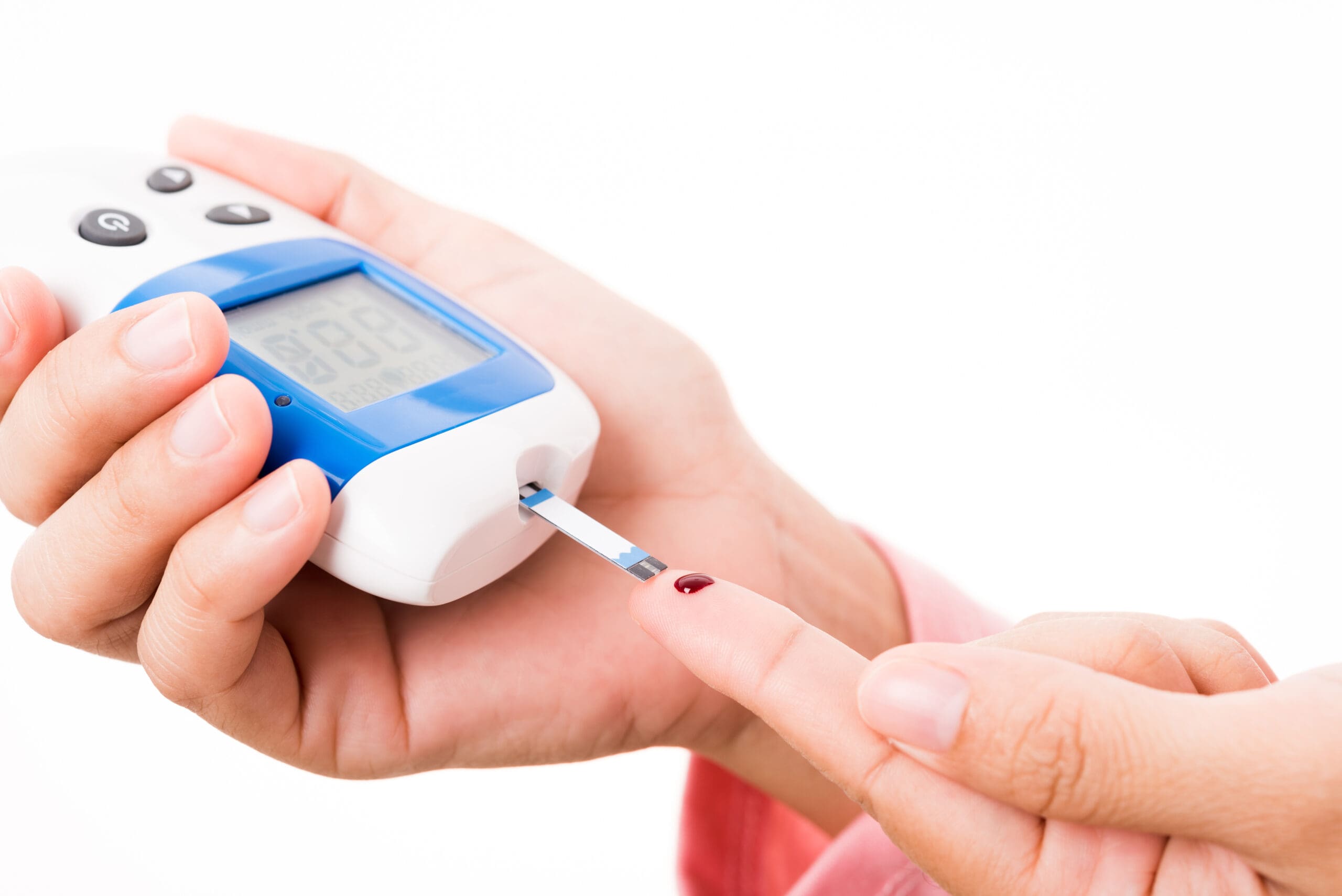

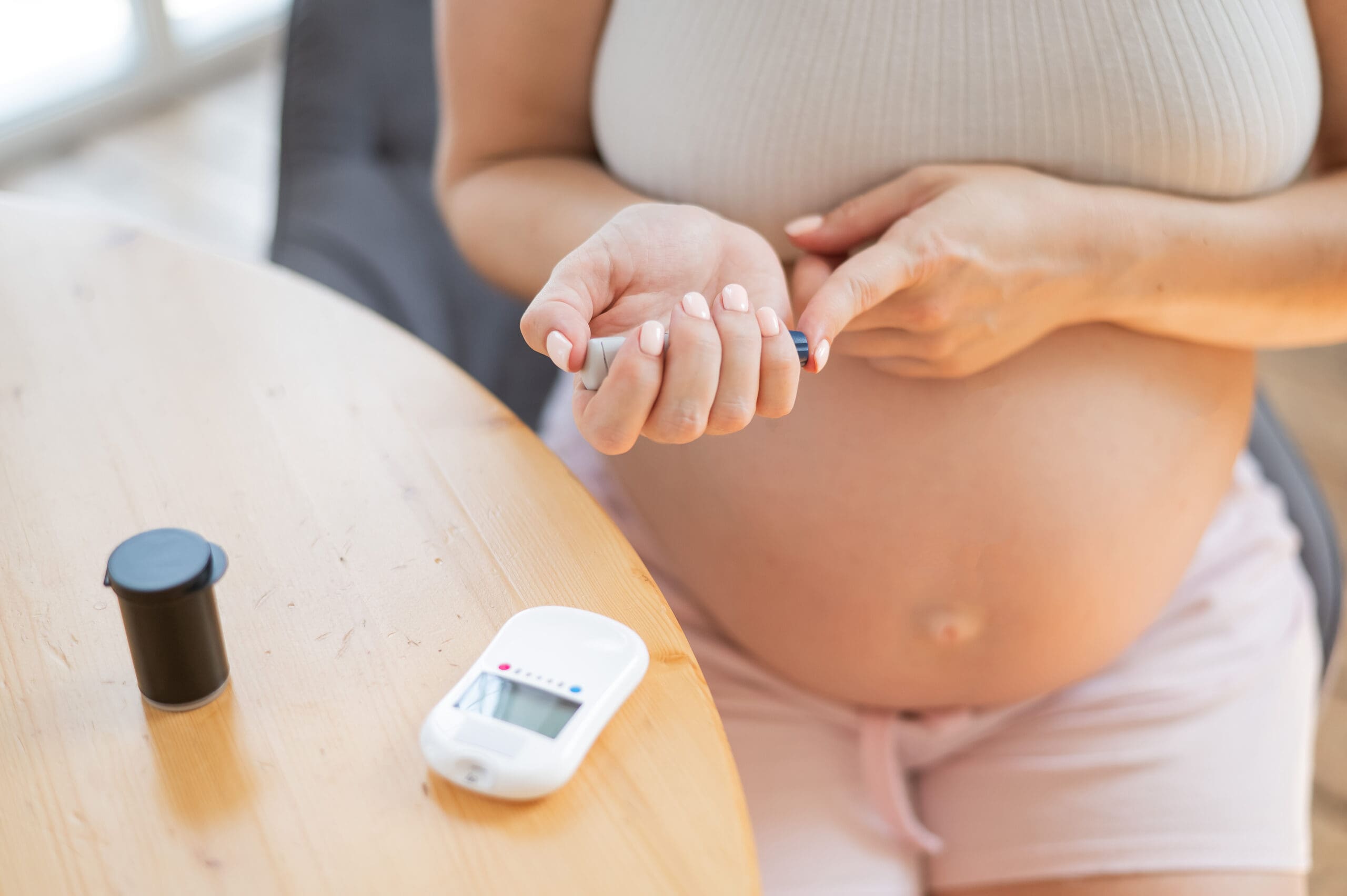
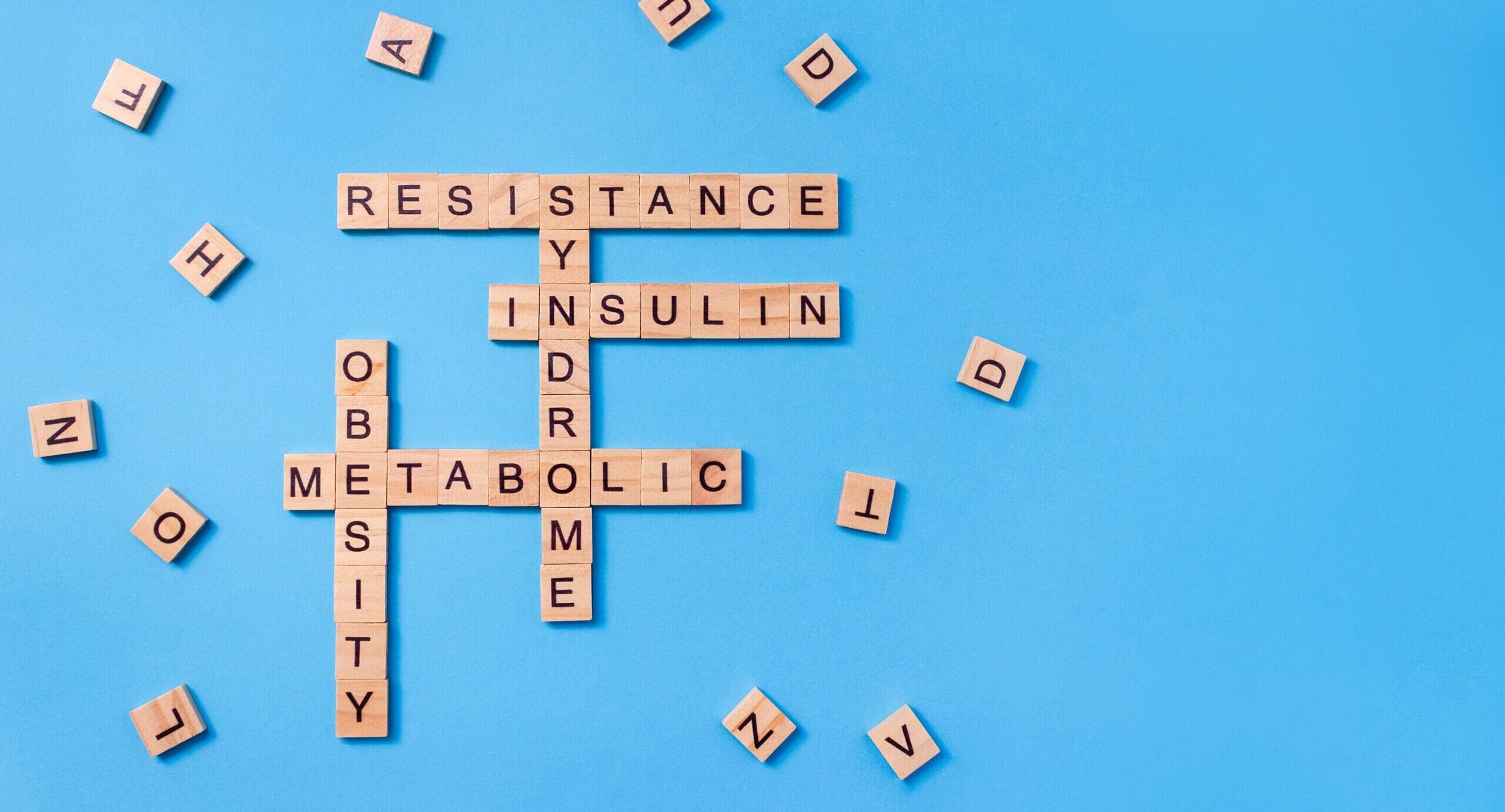
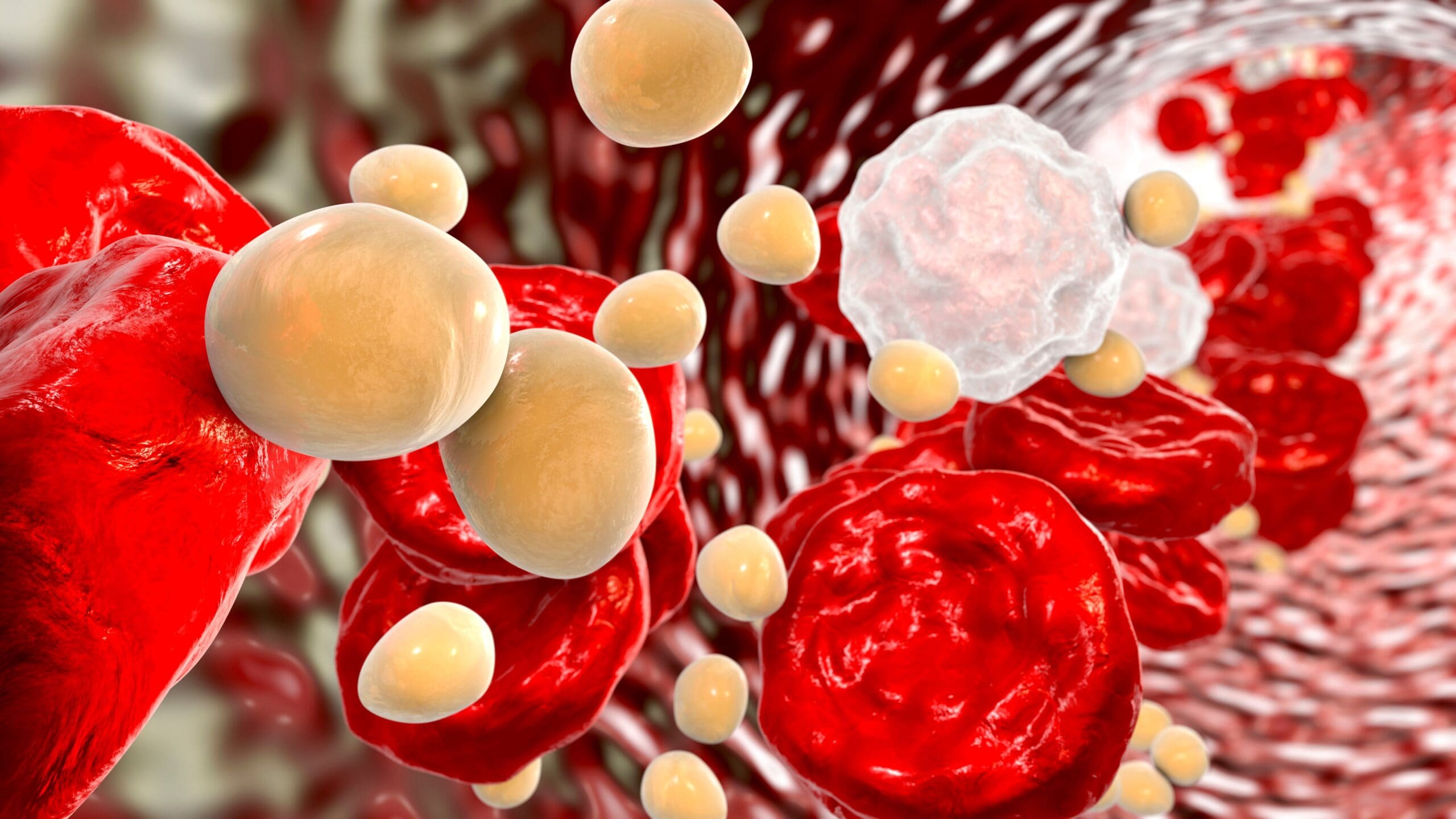


Leave A Comment